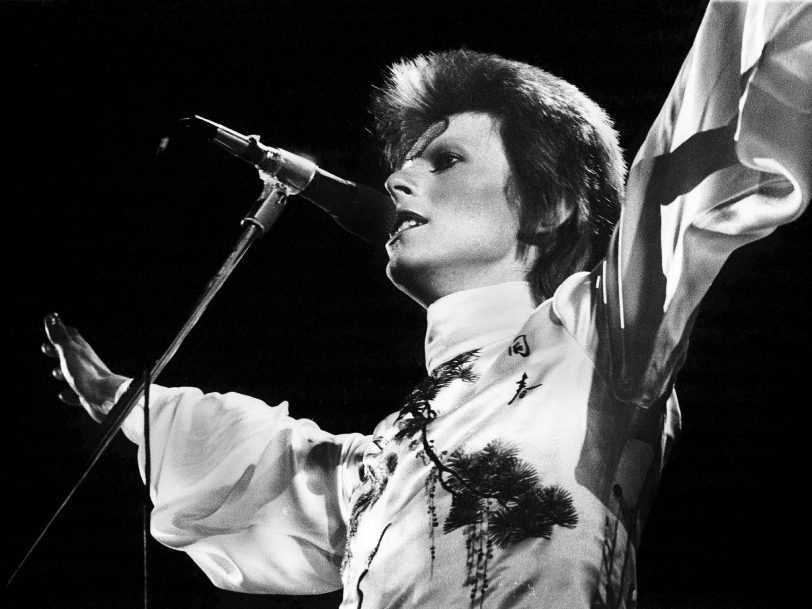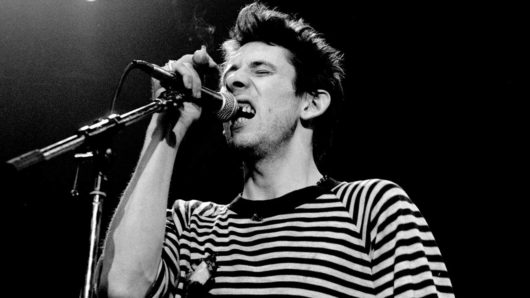The 70s was a challenging decade, both politically and socially, but when it came to music, innovation burst forth like a levee breaking. Not only did challenger genres such as soul and punk flood the airwaves, but rock’n’roll continued to be a force for cultural change by pioneering the album format’s viability as a vehicle for artistic endeavour. Here is how the best 70s albums summed up the spirit of their time…
Listen to our 70s playlist here, and check out the best 70s albums, below.
20: Joni Mitchell: ‘Blue’ (1971)
Undeniably affecting and uncompromisingly sparse, Joni Mitchell’s 1971 album, Blue, established her as one of the greatest singer-songwriters of any era. With poetic flair and unrivalled musicality, the album hops from piano-led balladry to acoustic jazz-pop, displaying a deftness of touch and heartfelt emotion. Reflecting on the dissolution of a relationship, Mitchell’s songwriting offered a window into the melancholy of countercultural womanhood.
What makes Blue one of the best 70s albums is how it not only couched the waning spirits of the flower-power generation in personal terms, it also mesmerised listeners with the quality of Joni Mitchell’s mezzo-soprano voice on the beautifully woozy love ballad A Case Of You. From the deeply romantic Christmas song River to the upbeat ditties of California and Carey, the album signalled the full flowering of a unique talent.
Must hear: California




